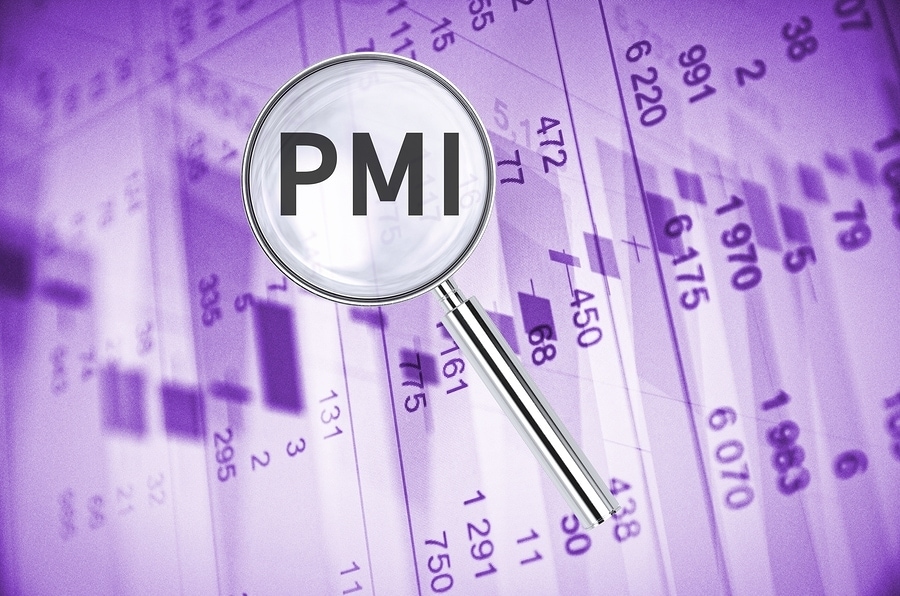Get Expert Financing
- Matched with investor-friendly lenders
- Fast pre-approvals-no W2s required
- Financing options fro rentals, BRRRR, STRs
- Scale your portfolio with confidence
If you’re looking to buy a home, then you’re likely going to need a mortgage. And to get a great mortgage, you’re going to need a great credit score. Here are some ways to improve your credit score by managing your credit cards wisely:
– Keep the balances low. The amount of revolving credit you’re using compared to the amount you have access to (i.e., the amount of your credit card balances compared to your credit limit) is a major component of your credit score. Ideally, the percentage of revolving credit you’re using should be less than 30%. In other words, if you have a credit limit of $1,000, your balance should be less than $300. However, lower is better. So if your balances are low, keep them that way. If they’re not, pay them off. And if you are carrying balances on multiple cards, pay down the balance that’s closest to the credit limit first.
– If you pay off your credit cards each month, consider making multiple payments. Even if you pay off your credit card balances in full every month, the card issuers may be reporting the final monthly balance to the credit bureaus. This can make it look like you’re using a lot of credit, and negatively impact your credit score. Paying off the balance several times throughout the month can keep the reported balance low.
– Pay your bills on time each month. Late payments can have a negative effect on your credit score, so make sure you make at least the minimum payment by the due date on each of your credit cards.
– If you’ve missed payments, get current. If you can’t afford to make a substantial payment to bring your account current, contact the card issuer and try to negotiate a payment plan. You can even try asking the issuer to “re-age” your debt and report it as current, which can help raise your credit score.
– Don’t close any credit card accounts. A history of consistently and timely paying off debt is great for your credit score, so you actually want to keep old, unused accounts on your credit report. Also, closing credit card accounts can increase your revolving credit utilization percentage, which (as discussed above) can lower your credit score.
– Consider requesting a higher credit limit on your cards. If you don’t use the new credit, you will lower the percentage of revolving credit used, and thus increase your credit score.
– Don’t apply for new credit. Inquiries initiated by your application for new credit can negatively impact your credit score, so don’t apply for new credit cards when you’re trying to raise your score.
Smart credit card management can help improve your credit score, which in turn can help you get the best rate on a mortgage. Just remember to be smart!
Our advice is based on experience in the mortgage industry and we are dedicated to helping you achieve your goal of owning a home. We may receive compensation from partner banks when you view mortgage rates listed on our website.

![What Credit Score Do You Need for the Lowest Mortgage Rates? [2025 Complete Guide]](https://myperfectmortgage.com/wp-content/uploads/7joxnrbx6qg-1024x680.jpg)
